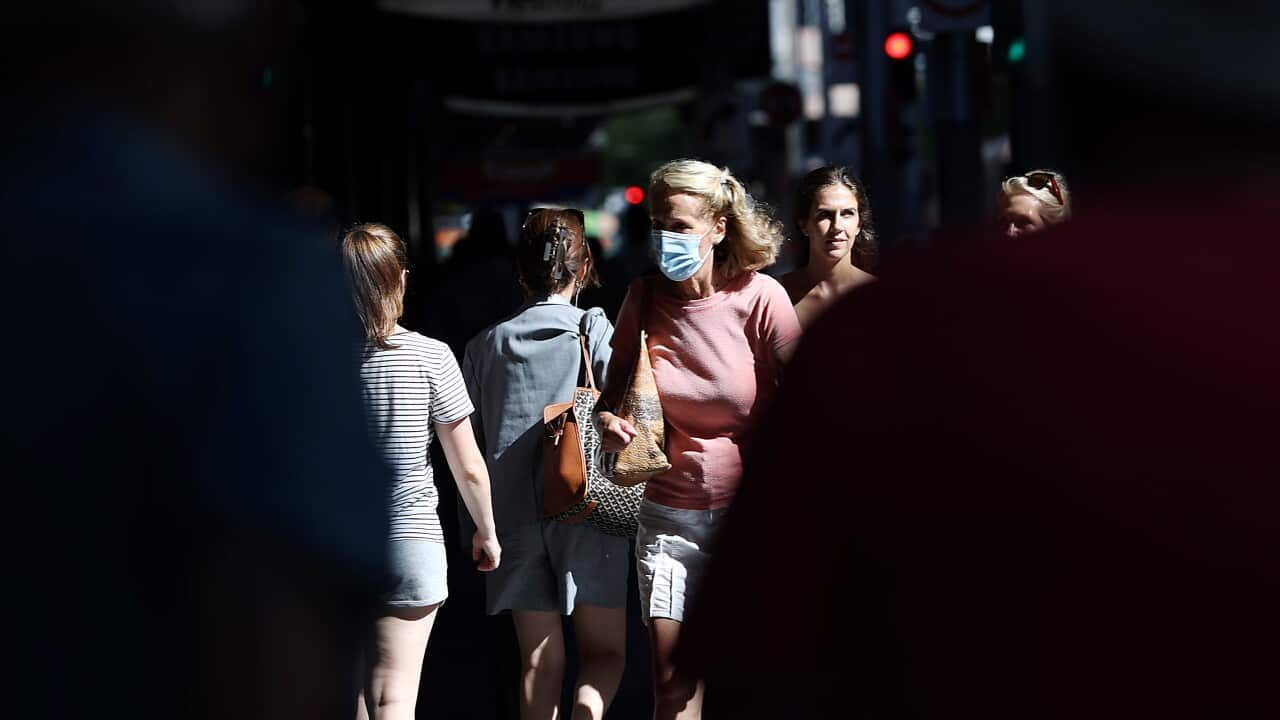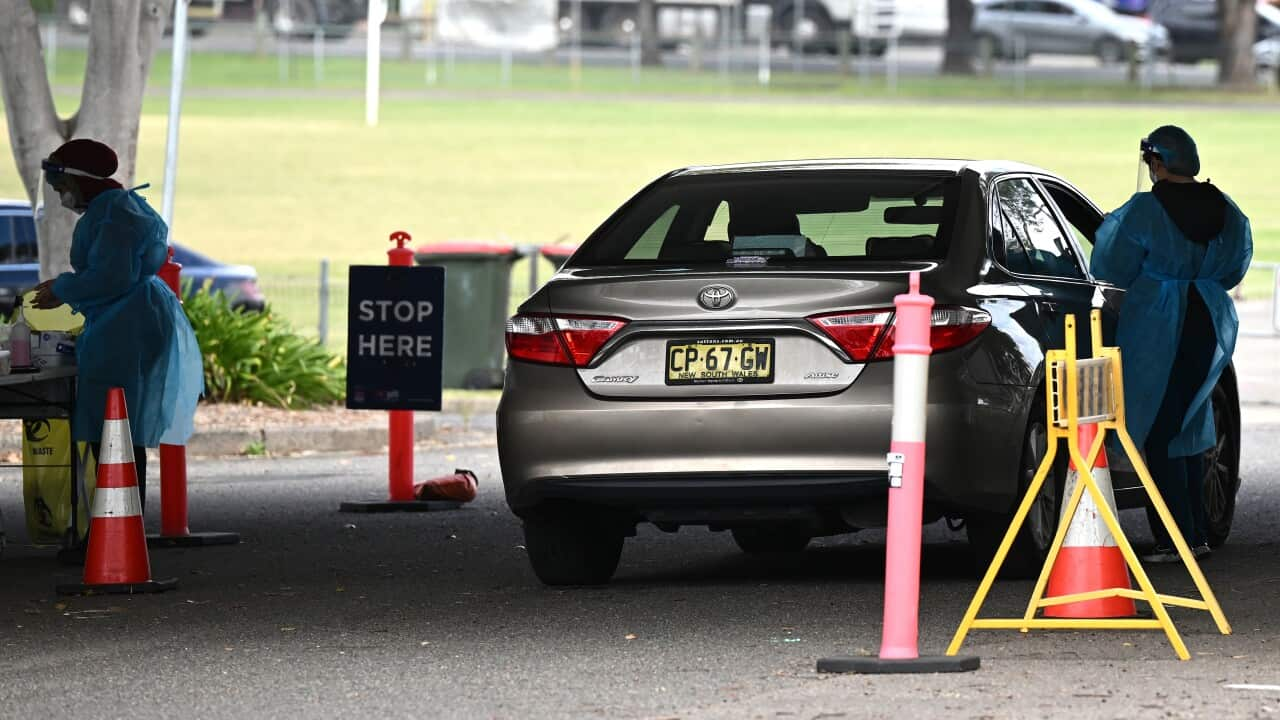Key Points
- WHO figures show a huge fall in COVID-19 deaths around the world in 2023.
- The organisation hopes to declare an end to COVID-19 as a public health emergency this year.
- But an expert has warned COVID-19 deaths in Australians will rise over winter.
Deaths from COVID-19 have fallen by 95 per cent since the start of the year, according to the World Health Organization (WHO). But with Australia on the verge of winter, it's no time to be complacent, an expert warns.
WHO chief Tedros Adhanom Ghebreyesus said he was "very encouraged by the sustained decline in reported deaths from COVID-19".
But he cautioned that some countries were still seeing increases and that 14,000 people had died with the virus over the past four weeks.
So what does this mean for the future of globally and in Australia? And how are we working to prevent another pandemic?
What does the WHO say about COVID-19 this year?
COVID-19 has now killed more than 6.9 million people, according to the WHO, but Dr Tedros said he's hopeful the worst of the virus is now behind us.
"We remain hopeful that sometime this year, we will be able to declare an end to COVID-19 as a public health emergency of international concern, " he said on Thursday.

WHO chief Tedros Adhanom Ghebreyesus said he was "very encouraged by the sustained decline in reported deaths from COVID-19". Source: AAP
He also estimated that one in 10 infections now results in “long COVID”, suggesting that "hundreds of millions of people will need longer-term care”.
And as the emergence of shows, the virus is still capable of causing new waves of disease and death, Dr Tedros added.
What lies ahead for Australia?
Australian health authorities since the start of the pandemic.
Deakin University chair in epidemiology Catherine Bennett said deaths from the viruses this year are lower than the numbers seen in 2020 and 2021.
But she said there is “no doubt” due to a rise in COVID-19 cases, new strains, and influenza.
“I think we have to recognise this, take this seriously, and look after the vulnerable people around us,” she told SBS News.

Australians can expect a rise in COVID-19 infections heading into winter, an expert warns. Source: AAP / Steven Saphore
“If you have a bad outbreak, and you don't have easy access to the tertiary hospital system, then all of those things pose a different type of threat to the community,” she said.
“There are people who don’t have confidence, know what’s appropriate for them, or have language barriers.”
How is the WHO planning for another pandemic?
The WHO has launched a new initiative to help strengthen countries’ ability to plan for, and deal with, another deadly pandemic.
The new Preparedness and Resilience for Emerging Threats Initiative (PRET) builds on the lessons of COVID-19 and will take an integrated approach to pandemic planning.
“To begin with, PRET will focus on respiratory pathogens, including influenza, coronaviruses, RSV, and as-yet-unknown pathogens," Dr Tedros said on Wednesday.
But he added that PRET called for international collaboration and would require the support of schools, religious societies, young people and other areas of the community.
“As COVID-19 demonstrated, a pandemic is not just a health crisis. It affects economies, education, trade, travel, food supply systems and more."










